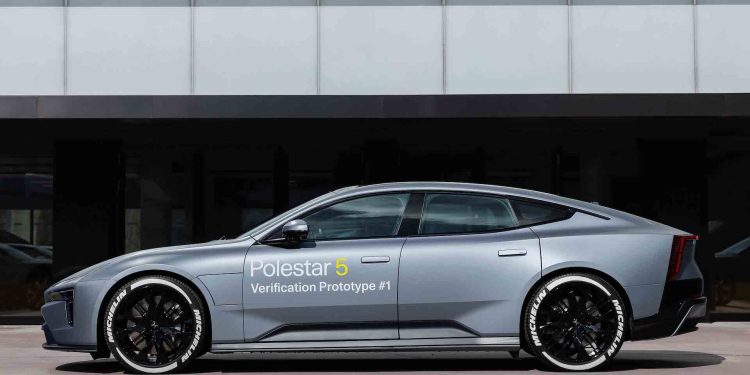Polestar continues EV fast charging development
EV fast charging is a popular topic. While most of your recharging is done at home, off peak when the car is not doing anything, the fast charge rate matters when you are road tripping.
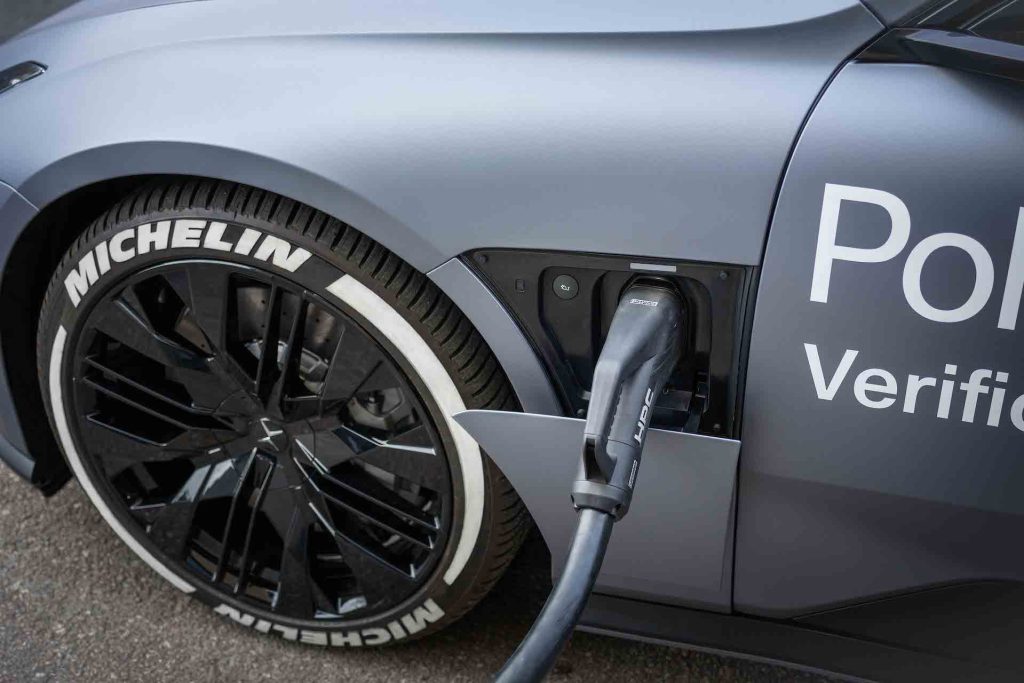
10 – 80 per cent in 10 minutes
Polestar and ‘fast-charging battery pioneer’ StoreDot have recently demonstrated the use of the latter’s Extreme Fast Charging (XFC) technology by charging a Polestar 5 prototype from 10-80 per cent in just 10 minutes. This driveable prototype ‘saw a consistent charge rate starting at 310kW and rising to a peak in excess of 370kW at the end of charging’ they say.
What matters here is this was done ‘using silicon-dominant cells in a driveable vehicle – rather than individual cells in a laboratory environment’.
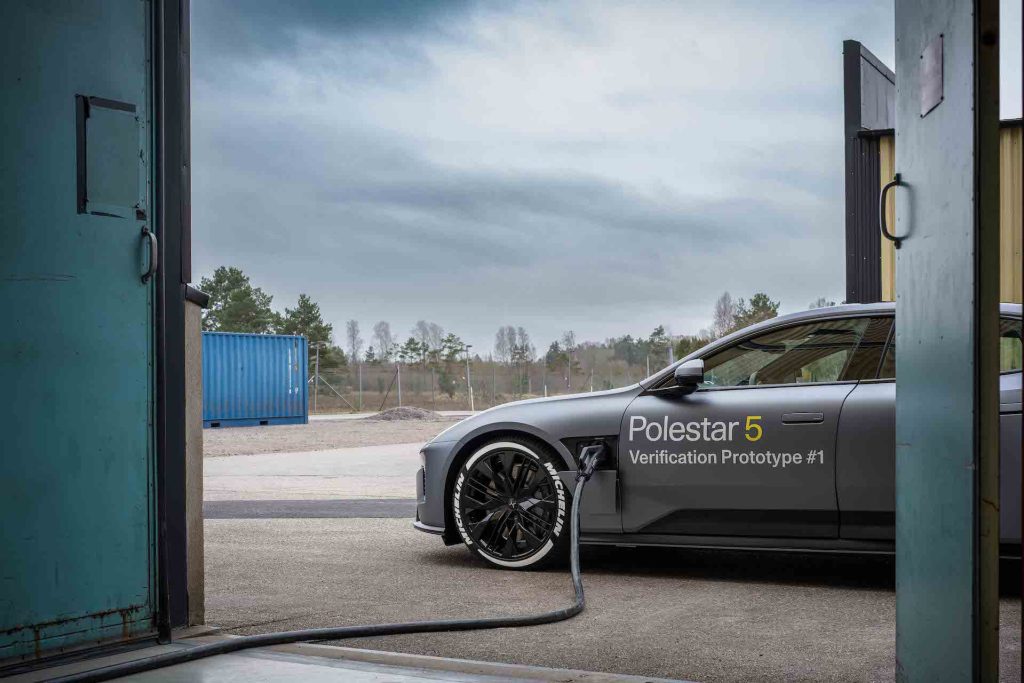
Polestar says this shows its ‘commitment to developing the best driving experience for the future through innovative technology partnerships’.
The battery pack in question was a 77kWh unit which has the potential ‘to add 320km of range to a mid-sized electric car in 10 minutes’.
This XFC test by Polestar and StoreDot battery engineers was designed to demonstrate proof-of-concept for XFC battery technology that could be applied to future Polestar vehicles.
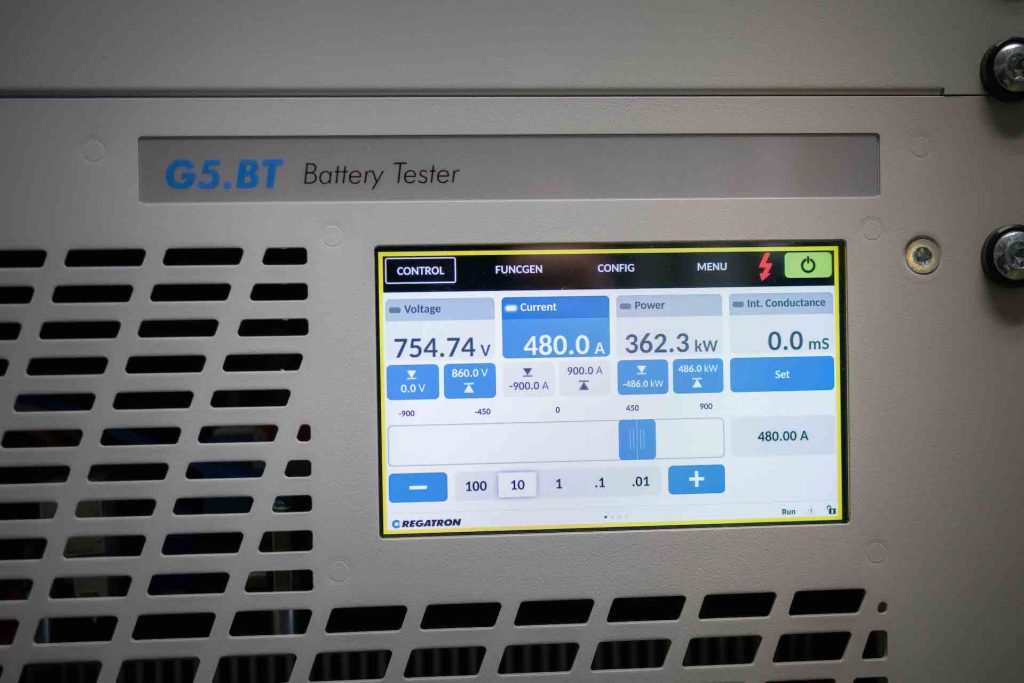
What Polestar said
Thomas Ingenlath, Polestar CEO, says: “Time is one of life’s greatest luxuries, and as a manufacturer of luxury electric performance cars, we need to take the next step to address one of the biggest barriers to EV ownership – charging anxiety. With this new technology, on longer journeys when drivers do stop they’ll be able to spend less time charging and be back on the road faster than before. In fact, that stop time will be more akin to what they experience with a petrol car today.”
StoreDot’s XFC technology utilises silicon-dominant cells with an energy density on par with state-of-the-art NMC cells, and does not require specialist cooling systems in the vehicle, they say.
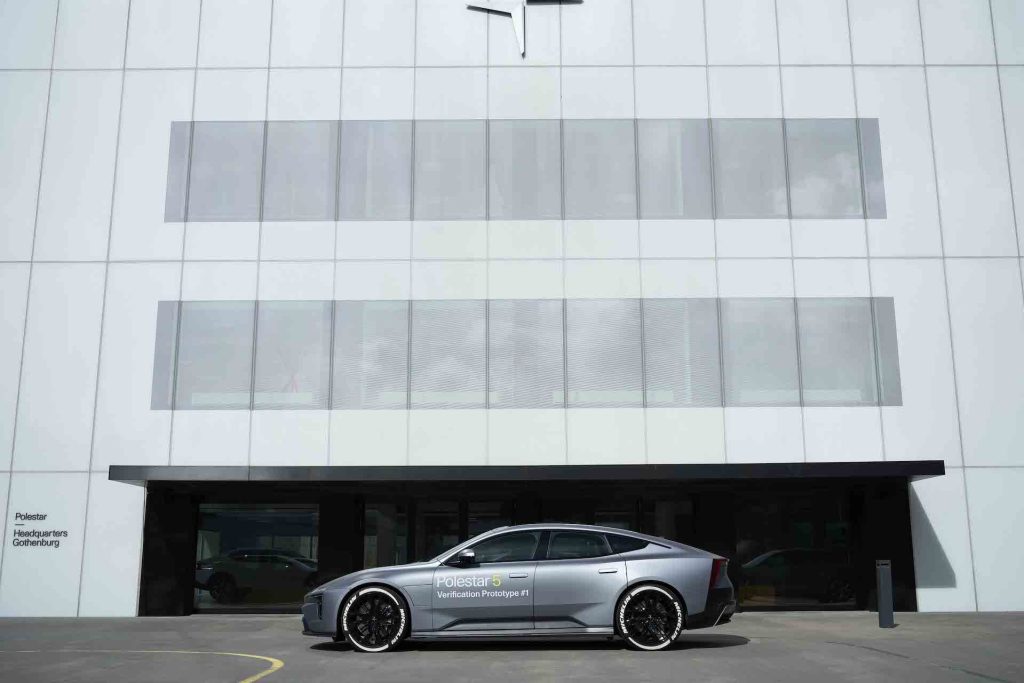
What was encouraging here was the consistently high rates of charge with Polestar saying ‘it saw charging speed rise from 310kW at 10 per cent SOC to over 370kW at 80 per cent, proving the technology’s steady charging rate with no significant change in charging speed or efficiency whenever a driver decides to stop within this wide state-of-charge range’.
Polestar continues; “This means drivers will be able to spend less time stopped to charge their vehicle, which for a 10-80% charge on many modern EVs could still take around 30 minutes. By reducing that time to 10 minutes, the charging time for a vehicle with XFC technology is much closer to what you would experience when filling a car with petrol.”
Also of note, the test ‘proves XFC technology works with today’s DC charging infrastructure, which continues to feature more high-power DC chargers of 350 kW or higher’.


